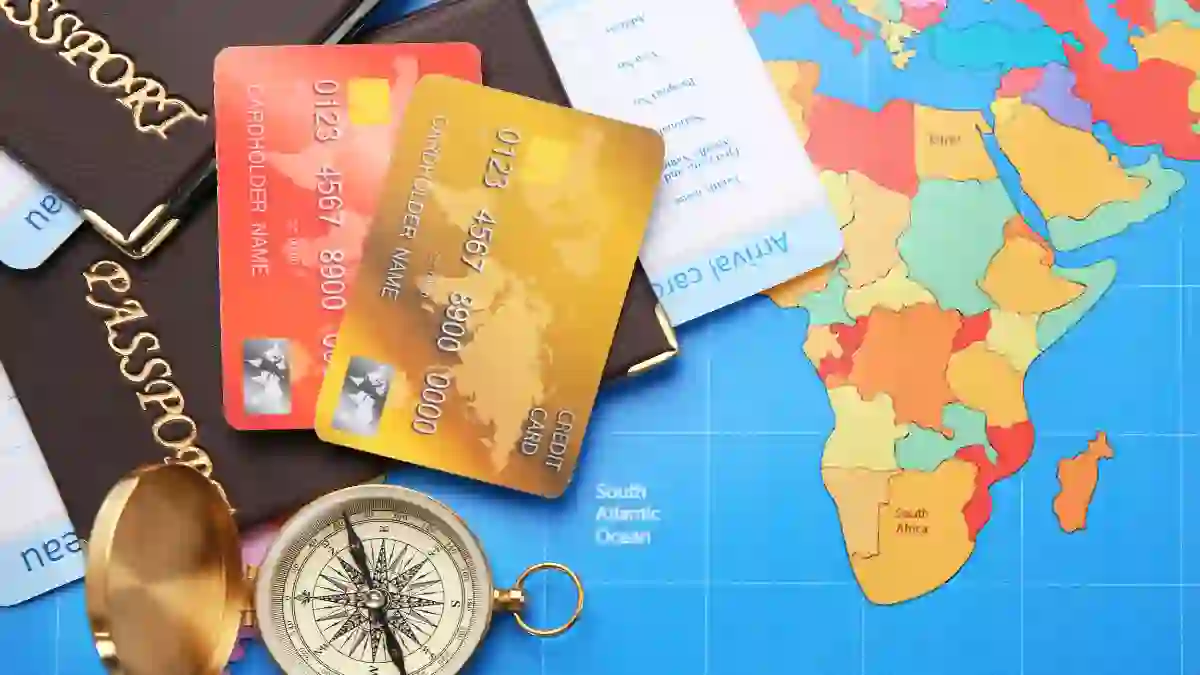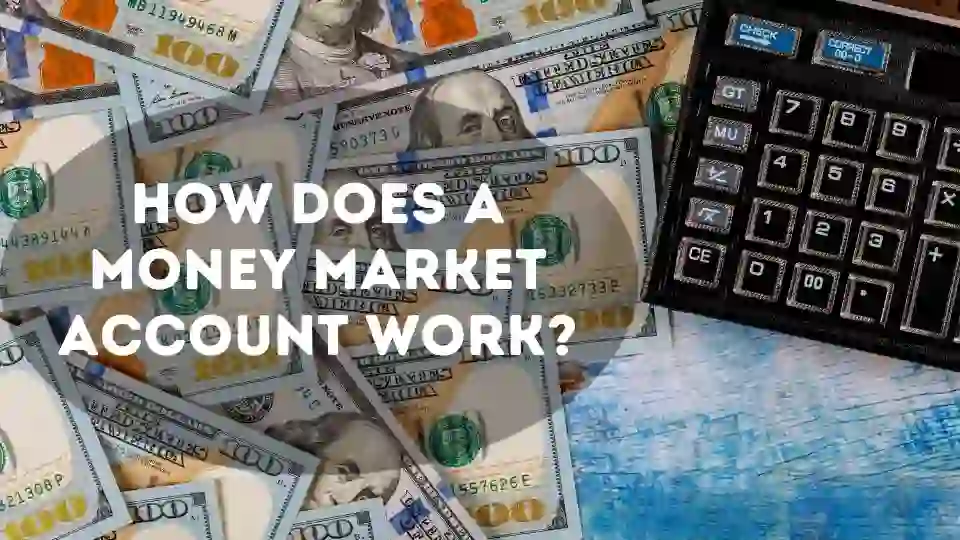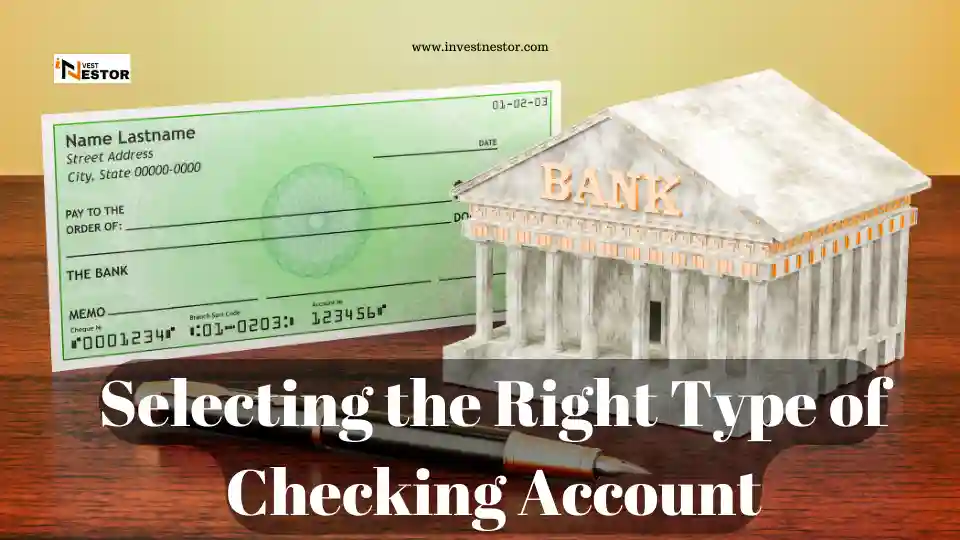
Debit Card and How Do Debit Card Works, Fees or More
Debit cards are everywhere, making life easier and getting one is a breeze. It allows you to buy or get cash in a blink, often in less than a minute. Debit cards integrate the most essential aspects of both credit and ATM cards into one convenient payment option. They grant customers the power to extract cash from their bank accounts swiftly. Whether shopping online or in-store or using a mobile wallet app, a debit card can substitute for a cheque.
Key TakeAway
-
No more cash or checks are needed with a payment card like a debit card.
-
Debit card withdrawals from non-affiliated ATMs may incur fees.
-
Similar to credit cards, some debit cards provide 1% cash back on every purchase.
What Exactly is a Debit Card?
A debit card is safe, simple, and convenient. Shop online or in person, effortlessly accessing funds from your checking account. Unlike with a credit card or "BNPL" programme, when you effectively borrow against a line of credit, the money on your debit card is yours to keep.
Debit cards are also accepted at ATMs for deposits and withdrawals. Debit cards, often known as "check cards" or "bank cards," are handy for purchases, cash withdrawals, and services. Debit cards can help you avoid carrying cash, but they may charge you.
How Does a Debit Card Work?
Debit cards are those that you may attach to your bank account. This particular credit card is one of a kind. Debit cards let you spend what you have, with no credit limit to follow.
With a debit card, no debt is incurred as you simply access your existing funds, unlike a credit card. Since there is no interest or principal to pay with a debit card, you can forgo making the minimum monthly payment.
For ATM withdrawals and online transactions, debit cards are a suitable credit card alternative. Some debit cards require a PIN, but most do not. Debit cards swiftly access funds from your linked account. Your spending limit depends on your checking account balance.
How to Get a Debit Card?
Getting a debit card is a breeze! Whether online or in person, just follow a few simple steps.
Start by opening a checking account.
Debit cards, which look like credit cards, deduct money from your checking account. No checking account? Open one with a bank or credit union. Based on your bank and preferences, you may complete the process in person or online.
Driver's licences, passports, and social security cards are usually required. Under-18s may require an adult to co-sign the account. Money is needed to open the account. Some banks require a $1 minimum balance. Ask your bank what they need. Apply to start the process.
In the second stage, ask for your debit card.
Account holders can obtain a debit card upon account opening. Sometimes, it takes seven to 10 business days for your card to arrive. Many banks give you a debit card you may use immediately.
In the third & final stage, activate your card and start making purchases.
Receive your debit card and activate it immediately. It is normally easy over the phone, online, or at an ATM. If you activate the card online, use a secure, password-protected connection to avoid hackers.
You can choose your PIN or have the bank generate one; you can typically change it while activating your debit card. Your PIN should not be your phone number, Social Security number, or other easily connected number. Do not share your PIN.
Read Also: Debit Cards vs Credit Cards, Which is better
Pros and Cons of Debit Cards
Let's have a look at the benefits and drawbacks of debit cards:
Pros of debit cards
- No yearly charges. Unlike certain credit cards, your bank or credit union's debit cards have no annual fees.
- Easy access. Millions of physical locations, internet retailers, and ATMs accept debit cards. Digital wallets can also be expanded using them.
- Setting a budget. Debit cards allow you to pay with cash rather than accruing credit card debt and assist you in staying under your spending limit.
Cons of debit cards
- They don't come without fees. Monthly maintenance fees are common on prepaid debit cards. If you overspend, your bank may levy an overdraft fee. Remember that using an ATM outside your bank's network may cost you.
- Usually preferable for smaller purchases. Debit cards make Grocery shopping easier, but that flat-screen TV may drain your bank account.
- It may result in excessive spending. Because debit cards are so easy, you may swipe them without considering your budget, destroying your spending plan.
What is the difference between a debit card and a credit card?
Bank debit cards and credit cards may look the same since credit card firms provide debit cards. But there are slight distinctions between them. Mastercard debit cards might look like credit cards. However, their payment methods and protection levels differ. Let's compare their key qualities in depth.
1. Financing
Debit and credit cards handle money differently. Paying using a debit card is like cash or a cheque. Your bank account funds the purchase instead of revolving credit. Credit cards are like recurring loans. Credit card companies bill you after merchant payments. Payment is due with each monthly bill. If you don't repay the whole amount, you pay interest the next month.
2. Rewards
Debit cards with credit card-like incentives offer a 1% reward on every purchase. Due to its superior terms, travel points, cashback incentives, and other perks, credit cards are more likely to feature rewards programs.
3. Protections
For debit or credit card purchases exceeding $50, you are protected from responsibility if you report the fraud within a reasonable timeframe. However, credit card companies often increase their measures to exonerate consumers.
4. Usage of ATMs
- Cash may be obtained using debit or credit cards.
- However, using a credit card to obtain cash amounts to borrowing money through a "cash advance." Credit card cash withdrawals may incur interest. You may also pay more interest and processing fees than with a purchase. You never carry a debit card balance since you always pay with money. Therefore, interest is not charged.
Which is better - a prepaid card or a debit card?
Like a magic wallet, a prepaid debit card won't take money from your checking or savings account. Rather, you can't use them unless you load them up with payment methods like cash, checks, or internet transfers. It's the same as prepping your card for a shopping spree by giving it a little boost.
No cash? No bank account? No problem! If you are planning to shop online, consider prepaid debit cards as a great option. But remember that prepaid cards don't aid in credit development.
Do debit cards have fees?
Debit cards usually skip annual fees and cash-advance charges, but watch for other possible fees.
-
ATM usage fees outside of the network: Typically $3. It occurs when you take money from an ATM that isn't connected to your bank's network.
-
Fee for international transactions: Typically, it's around 1% to 3% of the total amount. It occurs when you make purchases or withdraw cash from an ATM outside of the United States.
-
Debit card replacement fee: Usually a tiny charge, occasionally waived (expedited delivery may have an additional cost). If your card goes missing, fear not! A replacement can be sent your way.
-
Fees for overdrafts or insufficient money: It can be $35 or more. However, online banks and credit unions often have cheaper rates. This happens when your checking account balance is less than what you spend.
-
Monthly fees: Banks may impose monthly fees for maintaining checking accounts and using debit cards. But fear not; these fees can often be eliminated if you keep a minimum balance or regularly deposit a certain sum into your account.
How can I avoid debit card fees?
Here are ten ways to avoid debit card fees:
- Check your account balance and outstanding payments regularly.
- Set up low balance alerts to receive notifications when your balance drops below a certain threshold.
- Link your savings and bank accounts to avoid overdraft penalties.
- With adequate money, transactions may be allowed. To avoid expenses, you might forgo overdraft protection.
- Utilise partner or in-network ATMs, which are often free of cost.
- Think about substituting retail shop cashback programs for ATM withdrawals.
- Use a debit card with minimal or no fees for overseas transactions.
- Use credit cards without international transaction fees or mobile payment applications when feasible.
- Report a lost or stolen card immediately to save possible costs and liabilities.
- Instead, use an online or mobile-only bank; these typically offer lower fees.
What should you do if your debit card is stolen?
-
Contact your bank immediately if you believe your debit card has been lost or stolen. The bank could deactivate the card and begin obtaining a replacement.
-
You may lock or unlock a debit card with certain banks, such as Chase, Capital One, and Discover, by accessing your account via the bank's website or mobile app. In cases where you misplace your debit card but eventually locate it, this might be useful.
Final words
Debit cards may be an easy method to get cash out of ATMs and make purchases. For a top-notch debit card experience, seek a bank with no minimum balance or maintenance fees. Look for banks that offer interest or rewards checking accounts.
Whether in-store or online, debit cards provide more payment choices than cheques. Choose cards that fit your spending style. Compare credit, debit, and prepaid options to find the perfect match for your wallet. Blend these three elements for the flexibility and cash you desire.
FAQs
How do debit and ATM cards differ from one another?
Traditional ATM cards are just for cash withdrawals, whereas debit cards may be used for purchases and ATM cash withdrawals. Only Visa or MasterCard ATM cards accept money directly from your bank account and act like debit cards.
At what age may you get a debit card?
Note that every bank has debit card age requirements. Some banks and accounts allow seven-year-olds to have debit cards. Adolescent checking accounts require a parent or guardian as a joint account holder. After turning 10, a person can open a bank account alone.
How secure are debit cards?
Debit cards, like credit cards, lack fraud protection, making them equally susceptible to theft. Report the scam to the police promptly to avoid being held accountable for $50 or more in fraudulent transactions.
Can someone else use my PIN to access my debit card?
A hacker can use your debit card information to make fictitious purchases over the phone or online if insufficient security measures exist. Because no PIN or signature is required for these transactions, it is simpler for the thief to do them.
Read Also:


 to Your Advantage.webp)



0 Comments
Add a comment